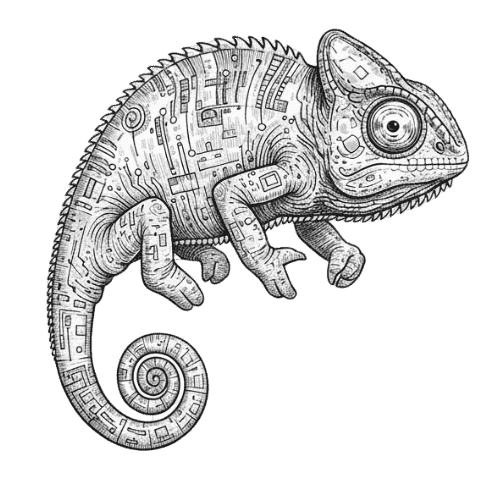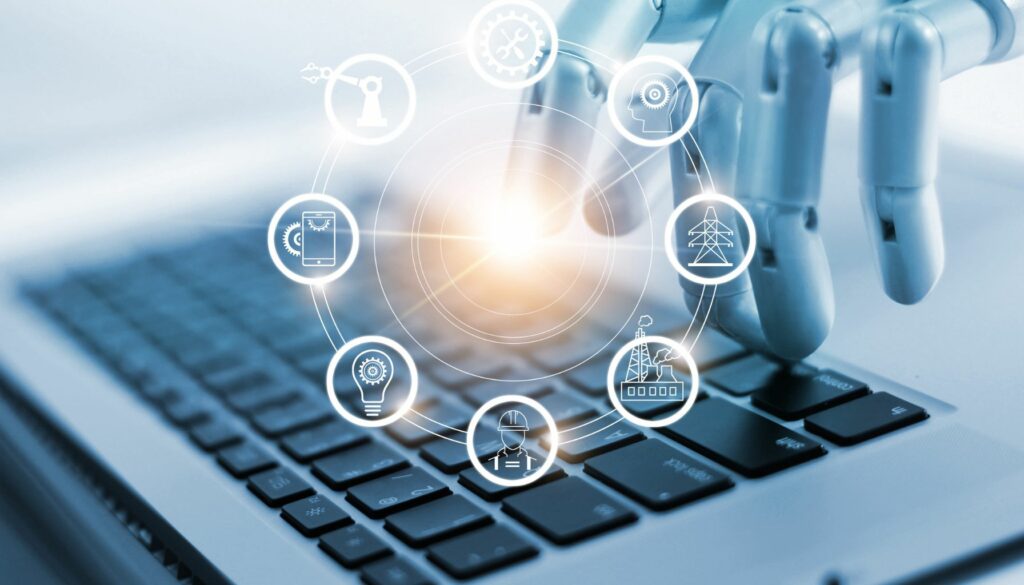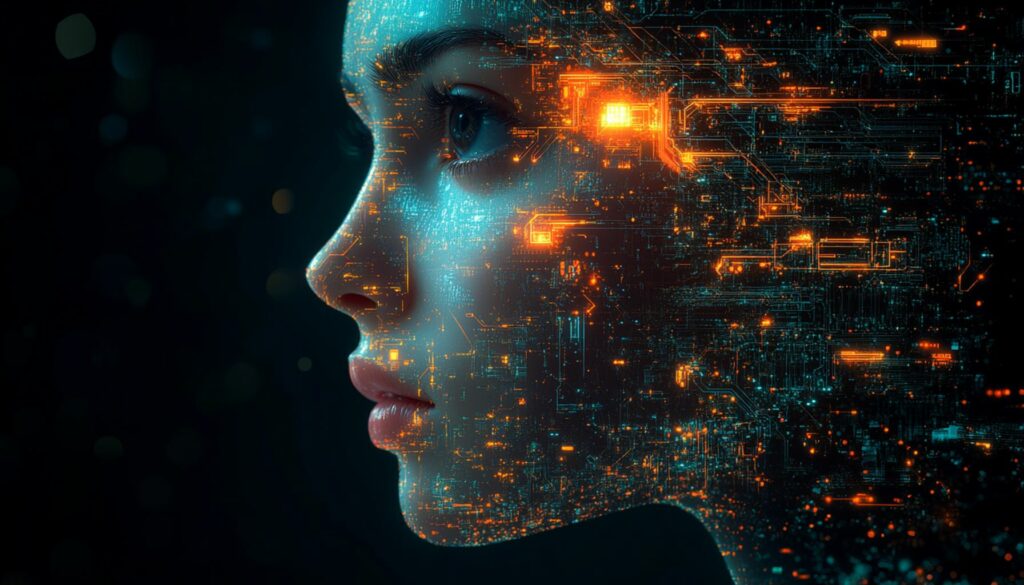When software becomes an actor
The digital age is no longer defined by simple programs executing predefined tasks. Today, we are entering a world where intelligent agents make decisions, adapt to their environment, and pursue objectives without direct human intervention.
Whether it’s a chatbot answering your questions, an AI model optimizing marketing campaigns, or a trading algorithm managing millions of transactions in real time, these autonomous agents are everywhere. But how do they work—and more importantly, how far can they go?
What is an agent in artificial intelligence ?
An agent is an autonomous piece of software (or a set of algorithms) capable of analyzing its environment, making decisions, and taking actions aligned with its goals.
💡 Three key components define an agent :
1️⃣ Perception : it gathers data from its environment (sensors, information streams, databases).
2️⃣ Decision-making : it processes this data and applies rules or learning models to choose the best course of action.
3️⃣ Action : it carries out a task, triggers a process, or interacts with other systems.
A concrete example ? A voice assistant like Siri or Google Assistant. It listens to your command (perception), interprets the request (decision) and replies or executes the desired action (action).
Different types of agents : from basic executors to autonomous AI
🔹 Reactive Agent : responds to stimuli without memory of past interactions.
Example: A thermostat that adjusts temperature based on current readings.
🔹 Model-Based Agent : stores information to make better decisions in the future.
Example: A self-driving car that learns to avoid obstacles through experience.
🔹 Learning Agent : uses machine learning to continuously improve its decision-making.
Example: A recommendation algorithm that refines its suggestions based on your browsing history.
Multi-Agent System : multiple agents collaborate to solve complex problems. Example : drones coordinating a surveillance mission through communication.
Whyare these agents transforming our daily lives?
✅ Smart Automation
Intelligent agents replace manual processes and boost efficiency in sectors like customer service, finance, and logistics.
✅ Hyper-Personalization
They analyze user behavior to deliver tailored recommendations (ads, e-commerce, content).
✅ Real-Time Adaptability
Unlike traditional software, agents can adapt to changes and optimize actions on the fly, without human intervention.
✅ Interoperability
They interact with other systems to coordinate complex operations, such as in IoT networks or smart cities.
The limits and challenges of Intelligent Agents
⚠️ Algorithmic Bias
Agents trained on biased data can make unfair or inaccurate decisions.
⚠️ Security and Cyber Threats
Poorly secured autonomous agents can be hacked or exploited for malicious purposes.
⚠️ Lack of Transparency
The decisions made by a deep learning–based agent can be difficult to explain, raising ethical and accountability concerns.
Towards a future dominated by autonomous Agents?
Intelligent agents are becoming increasingly powerful, connected and independent. With the rise of generative AI, autonomous systems and Web 3.0, their influence is only set to grow.
The real question is now : how much control are we willing to give them ?



